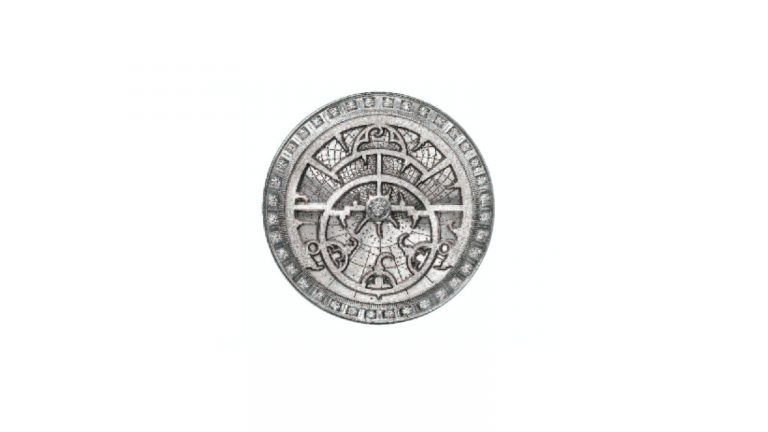Arzu Merali argues that the UK’s ban on Hizbullah is the result in part of a capitulation to right wing thuggery and minority Zionist voices.
In 2006, there was a war – another onslaught by the invincible Israeli war machine.
Despite a media bias so palpable that even the BBC found itself guilty in a review of its coverage of Israel-Palestine affairs, people did not care for the aggressors.
They did care – in large numbers, on the streets of the UK and around the world – for the dead, injured and dying children who were collateral damage in what was supposed to be the annihilation of Hezbollah in Lebanon.
Once again, at the hands of Hezbollah, the group responsible for more than a decade of guerrilla resistance that saw the Israeli army literally run out of South Lebanon in 2000, the Israelis lost.
Israel’s psychology in this defeat was so much worse because people hoisted banners around the world proclaiming: “We are all Hezbollah.” With the banner came the flag, carried by young Muslims, old Muslims, middle-aged English ladies and anti-Zionist rabbis. It was pervasive, and it has stayed.
Converging interests
This psychology is important towards understanding the UK government’s recent decision to proscribe Hezbollah under the Terrorism Act 2000. The Labour Party has raised concerns, while analysts have explored the convergence of the hard-power interests of the US, Israel and Saudi Arabia with Home Secretary Sajid Javid’s decision, which many see as an attempt to raise his star in the run-up to a Tory leadership contest.
To read more visit the original article published in Middle East Eye on 28 February here.





